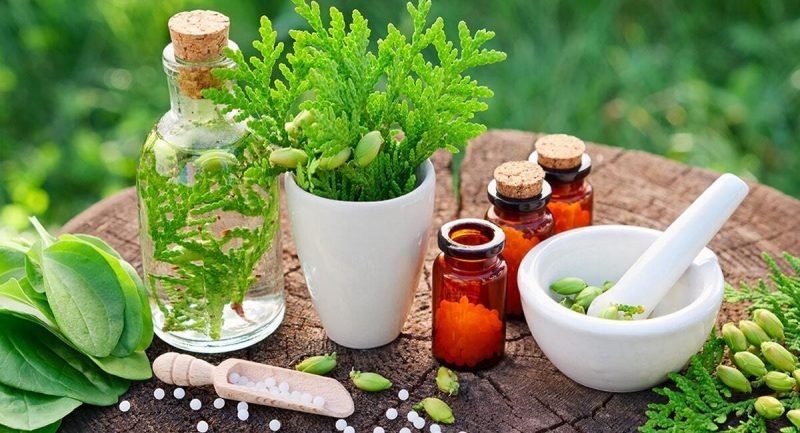Safe Usage Tips for Botanical Medicines
Botanical medicines have been used for centuries to treat various ailments and promote wellness. While they offer numerous benefits, improper use can lead to unwanted side effects or diminished effectiveness. To ensure you reap the full advantages of botanical remedies, it’s essential to use them safely and responsibly.
1. Consult a Healthcare Professional
Before incorporating botanical medicines into your regimen, consult a healthcare provider or herbalist. This step is especially important if:
- You’re pregnant, nursing, or planning to conceive.
- You have pre-existing medical conditions like diabetes, high blood pressure, or liver issues.
- You’re taking prescription medications, as some botanicals can interact with drugs.
Expert guidance ensures that the remedies align with your health needs and minimize risks.
2. Start with Low Dosages
When trying a botanical medicine for the first time, start with the lowest recommended dose. Gradually increase as needed, while monitoring for adverse effects. Overconsumption of potent herbs like ginseng or valerian can lead to unwanted side effects such as headaches or digestive issues.
3. Choose Quality Products
The quality of botanical medicines varies greatly. To ensure safety and effectiveness:
- Look for certifications like Good Manufacturing Practices (GMP).
- Check for third-party testing for contaminants such as heavy metals and pesticides.
- Avoid products with vague labeling or unverified claims.
Reliable brands prioritize transparency and product purity.
4. Be Aware of Potential Interactions
Certain botanical medicines can interact with medications or other herbs. For example:
- St. John’s Wort can reduce the effectiveness of birth control pills and antidepressants.
- Ginkgo biloba may increase bleeding risk when combined with blood thinners.
Inform your healthcare provider about all remedies you’re taking to avoid harmful interactions.
5. Understand Proper Storage and Expiry
Store botanical medicines in a cool, dry place, away from direct sunlight, to maintain potency. Check expiration dates and discard expired products, as they may lose effectiveness or become unsafe to consume.
6. Avoid Self-Diagnosing
While many botanical medicines are available over-the-counter, self-diagnosing and self-medicating can be risky. Symptoms like fatigue or digestive issues could indicate underlying conditions that require professional evaluation.
7. Follow Usage Guidelines
Always adhere to the manufacturer’s guidelines on dosage and duration of use. For instance:
- Short-term use: Herbs like echinacea are ideal for temporary support during colds.
- Long-term use: Adaptogens like ashwagandha are better suited for chronic stress management.
Misusing herbs by exceeding recommended dosages can lead to toxicity or diminished benefits.

8. Monitor for Side Effects
Even natural remedies can cause side effects. Common reactions include:
- Allergic reactions: Skin rashes, itching, or swelling.
- Digestive issues: Nausea, bloating, or diarrhea.
If side effects occur, discontinue use and consult a healthcare provider.
9. Avoid Using Botanicals in Isolation
For complex health concerns, botanical medicines work best when integrated into a holistic health plan. Combine their use with lifestyle changes such as a balanced diet, regular exercise, and stress management.
10. Educate Yourself
Stay informed about the herbs you’re using. Research their benefits, risks, and proper usage. Books, reputable websites, and consultations with professionals can provide valuable insights.
Conclusion
Botanical medicines can be a safe and effective way to enhance your health when used correctly. By following these safety tips, you can minimize risks and maximize the benefits of natural remedies. Always remember, the key to safe usage is informed decision-making and professional guidance.



